Objectively, having choices is a good thing.
Don't believe me? Consider the dictatorial regimes where private citizens are only permitted to do that which they are permitted to do by the dictatorial regime. To modern Western sensibilities, the most egregious offenses against choice may well be the Saudi Arabian law that forbids women to drive and the edicts of the Taliban that prevent women from leaving their homes house except under cover of a burka (read
"Latifa's" account if you want a pretty direct account of restrictive Afghanistan). Alternatively, consider
the prison experience of Marina Nemat.
So we WANT to have choices. We want our choices to be our own. We - and I speak for myself here - hate limitations.
The irony is that every choice we make, some to greater extent than others, engenders limitations. And it's now well known that too much choice inhibits choosing.
How so? The easy explanation is that too many options overload our decision-making apparatus and we freeze. For those who have a hard time making any decision, "too many options" may be as few as two (I've seen this happen even on such mundane matters as whether to go out for Chinese food or hamburgers, though little more than the satisfaction of taste buds was at stake).
In February 2010,
The New York Times reported on the famous 1995 jam experiment. Shoppers were invited to sample an assortment of jams. That assortment contained either 24 varieties or 6 varieties (it's a controlled study - they're able to rig the numbers however they want). More people stopped to view the laden table, but more people bought when there were only 6 jams to choose from.
In December 2010,
The Economist joined the conversation, pointing out that the overload of choices permeates every aspect of modern life, beginning with the myriad flavors available in potato chips (well, they're English, so they're crisps):
Thai sweet chili; balsamic vinegar and caramelized onion; Oriental red curry; lime and coriander chutney; vintage cheddar and onion chutney; buffalo mozzarella and herbs; chicken tikka masala. Exotic, yes. But more- the tastes have been refined, the distinctions between flavors subtle (or they should be if the potato chips are produced well), and the obvious choice anything but. Remember the days of "regular" vs. "sour cream and onion" vs. "barbecue"? Not so refined, perhaps...but if you were in the mood for one, the odds were good that you wouldn't have been in the mood for the other.
Before you learned which beverage you prefer at
Starbucks (or that you really want
coffee from Dunkin' Donuts instead), wasn't the menu daunting?
When you received vast numbers of solicitations inviting you to attend whichever college or university, didn't you wonder how you could sift through the pile?
When all the boys were banging down your door, or all the girls were following you around, was it easy for you to figure out who was right for you? (after you sobered up from the flattery, I mean)
Long have I believed that "very often, less is more." Long have I appreciated the limits my life choices place on my daily decisions. Moreover, I seem to (largely) limit my options, intuitively.
For example: like many college seniors, I made a number of "prospective college visits." I only visited the places I considered applying (a list that was refined by the college guidance counselor). I considered and I weighed and I asked questions and I deliberated. Then, I applied "
early action" and was lucky enough to avoid applying further.
More formally: by keeping kosher, I am restricted in which foods I eat and when I eat them. No bacon or lobster or the alligator that New Orleans claims tastes like chicken (I'll have chicken instead, thanks). No cheeseburger, no
beef stroganoff (though it sounds really yummy), and no exotic gustatory exploring (not even in Paris) -- with rare exception. So I have to select my eats from among the kosher foods...and those limitations help focus the decision (albeit with exception, especially when traveling, when the limitations do continue to help, but also interfere).
Similarly: by adhering to certain "modest" standards of dress, I start with some givens, and have an easier time shopping. Rather, I may be challenged to find clothes I like that meet these standards (rendered only more complex by my personal taste, of course). But I won't be stymied by whether to select a dress or a pantsuit, a tank top or sleeves. I work within the limitations - and discover that despite them, I still own what is surely officially too many clothes in my closet (except for on those mornings when nothing I see will do).
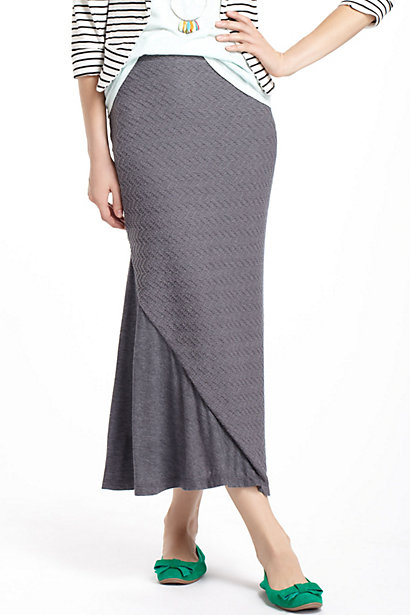 |
| anthropologie.com |
Perhaps, as the article in
The Economist suggests, the children who are raised among today's excessive array of choices will grow up to be less adept at serious decision-making (I'm not recommending limiting dinner options or school clothes just for the sake of it). Perhaps they will experience the paralysis of too many options. But for me, the tyranny of choice is not the phenomenon of too many choices.
Dictionary.com's first definition of "
tyranny" is: "arbitrary or unrestrained exercise of power; despotic abuse of authority." Dictionary.com's last definition of tyranny is: "undue severity or harshness." What is harsh about making a choice? How can a decision I make myself - with no Taliban legislating against me - be an abuse of authority?
Well, sometimes, the despotism lies in the formulation of the question. Sometimes, it lies in the decision itself.
Thus, if you ask yourself, "what shall I have for dinner?" and you choose chicken or alligator or Chinese food or even peanut butter and one of the many jams, you are not subject to the harshness of the decision. You've asked an open-ended question, and answered according to your dinner druthers of that evening. If you ask yourself, "what do I want to do?" and you opt for skydiving or macrame or bar-hopping or curling up with a good book, you are honoring, so to speak, your preference of the time. What you want to do is bounded by your imagination and your skillset and finances - and all kinds of other incidentals - but not by the phenomenon of choosing. Or not exactly.
By contrast, and perhaps this will help make my point more clearly, when you are presented with a choice between X and Y, whether a huge "life-decision" or the choices of the day-to-day, "X" means "not-Y," and "Y" means "not-X" - at least, not at that time. There's no open-ended question to be answered with anything you can think of. Rather, the choice becomes absolute.
Thus, the tyranny of choice. The moment you make your decision, when it is an absolute one, you are harshly restrained from that which could not coexist with your choice. The choosing itself is the despot, for it eliminates your alternatives. And while being able to make your own choices is surely a blessing, it is sometimes disguised, thanks to the potential that is lost when you narrow your focus, restrict your options, cancel your dilemmas, and limit your future.
By the way, offering small children the choice of X or Y is a good ploy. "Would you like to go to bed right now or in 5 minutes?" The child purportedly feels empowered, because he or she is calling the shots (ha!) and the parent is safe from the battles that so often ensue following parental declaration ("bedtime is now"). The fallacy, of course, and we do well to remember it, is that in receiving every edict as a choice, kids are at risk of thinking that all decisions truly are up to them. The dissonance that results when these kids grow up to discover that some circumstances are decided instead by divine fiat can be paralyzing too.
I will admit that considering the paralysis of too many options has been a long time coming. Ironically, it was the either/or aspect of defined decisions that finally made it the priority post.
Finally, consider the "paradox of choice," as popularized by Barry Schwartz:
In particular, note that Schwartz acknowledges that his students will focus on their "consuming questions," to the detriment of their schoolwork, and he has adjusted his courses to accommodate the choices he knows they will prioritize.
Note also that he recognizes that one's satisfaction in deciding on X is often diminished by an awareness of what Y might have been. That is, not doing Y makes the X that has been chosen less attractive than X presumably would have been without any awareness of Y. It's a hard thing - to avoid knowing what else could be. Living in the moment is important; living well with one's decisions might be more so.
And when you get to Schwartz's comment about the security and safety and benefits of living in a fishbowl rather than shattering it, keep in mind that without that fishbowl - if the fishbowl is shattered - what you get (what the fish gets) is death.
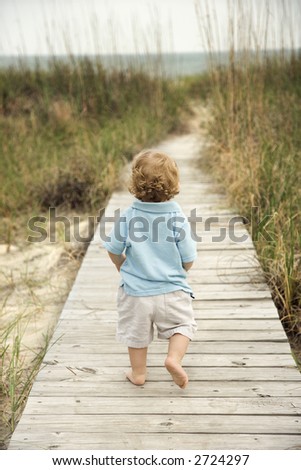


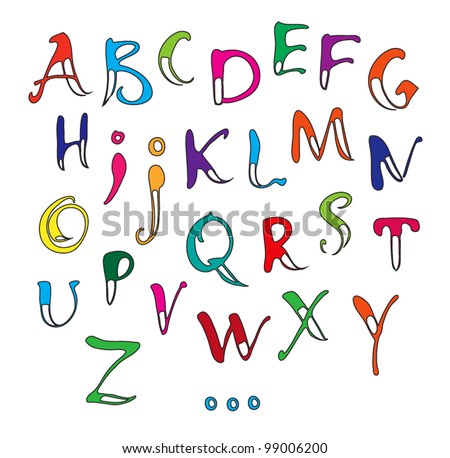

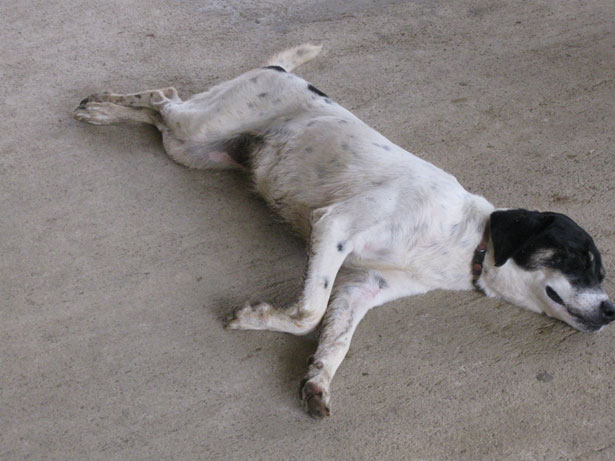



_mikveh.jpg)




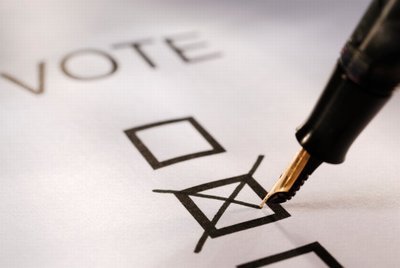





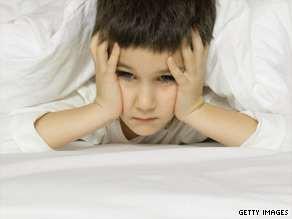
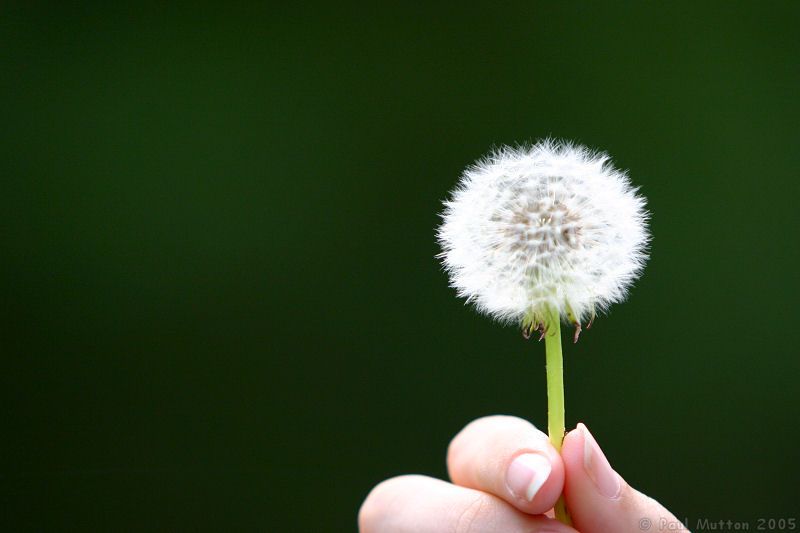














 It's a pretty excellent feeling - even when some measure of that is surely mythical in the long run.
It's a pretty excellent feeling - even when some measure of that is surely mythical in the long run.